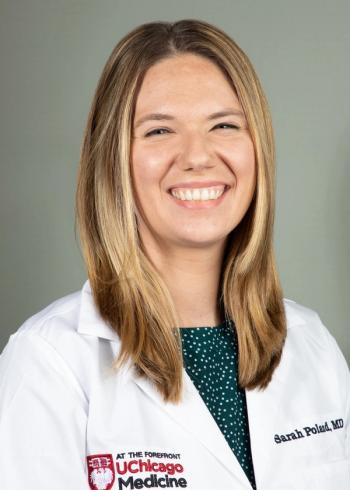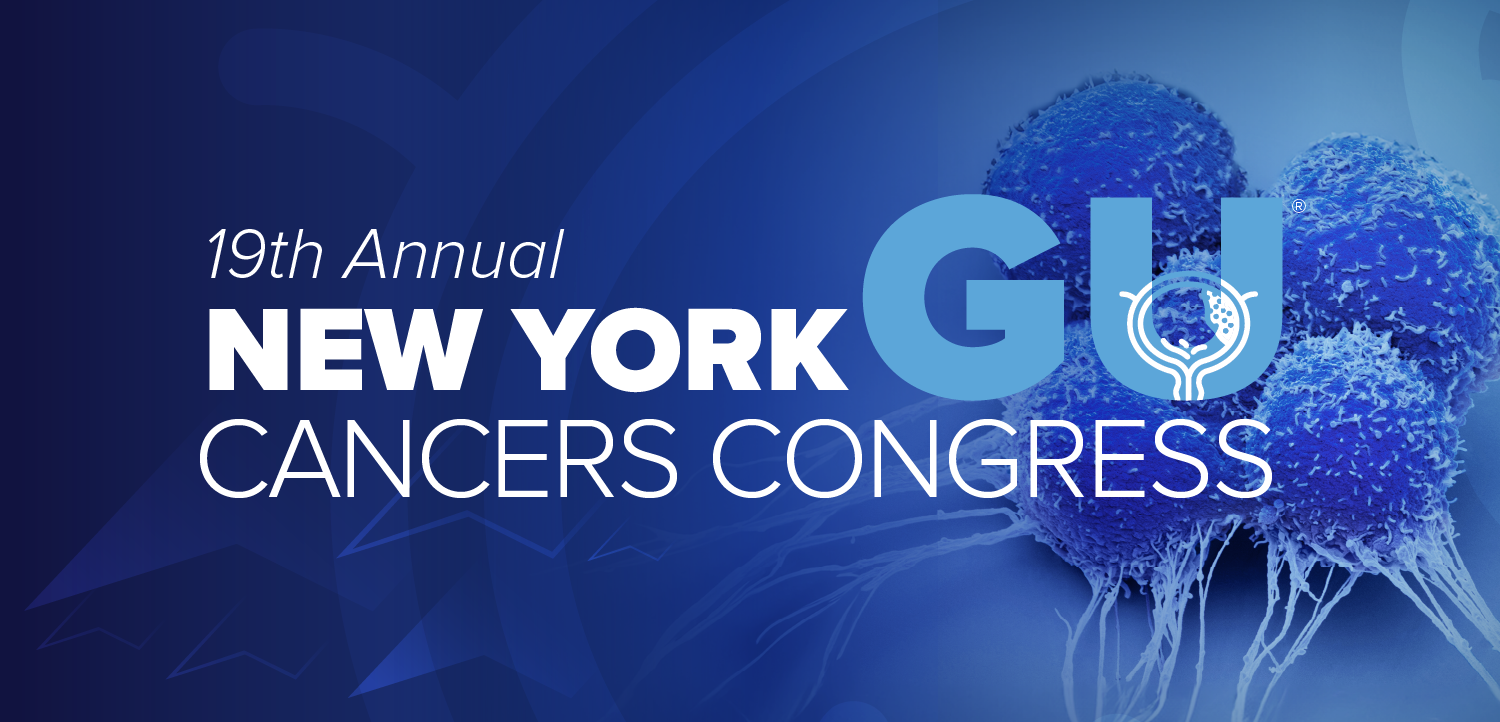
Reducing Dosage May Help to Conserve Cisplatin in Various Populations
Using an AUC of 5 instead of an AUC of 6 can help to conserve cisplatin among patients with cancer, Kirollos Hanna, PharmD, BCPS, BCOP, FACCC says.
The cisplatin shortage has made it necessary for institutions and care teams to reevaluate their strategies to minimize cisplatin use such as finding alternative treatment options and even reducing doses where needed, according to Kirollos Hanna, PharmD, BCPS, BCOP, FACCC.
In an interview with CancerNetwork® Hanna, director of Minnesota Oncology Pharmacy Services, and assistant professor of Pharmacy at the Mayo Clinic detailed how his institution is working closely with clinical pharmacists and healthcare providers to determine optimal dosing for patients with cancer. He also mentions how his institution has begun dose-reducing cisplatin from an area under the curve (AUC) of 6 to an AUC of 5 when appropriate.
Transcript:
Early in March, when we started to hear about the shortage of cisplatin, we oftentimes had to think of what was going to happen next, or what are the implications that are going to come of this. We put ourselves [at Minnesota Oncology] in a comfortable situation around carboplatin at that time. We kept par levels or minimum levels; we kept them at a much higher level than what we would generally be accustomed to on a day-in, day-out basis.
We then started to implement strategies to help utilize a little bit less of the drug where it didn’t clinically impact our patients. This was both for carboplatin and cisplatin. Strategies like dose rounding [were utilized]. If we can dose round down to a vial size—a billing unit—we did that. We informed providers if there's a clinically appropriate situation where instead of giving a patient a 21-day cycle to go to a 28-day cycle, to do that.
[With] carboplatin, in many situations, it’s very hard for a patient to tolerate an AUC of 6, so instead, we went down to an AUC of 5. We implemented all these strategies to try to alleviate and conserve some supply. We also have clinical pharmacists who evaluate all our new start regimens.
One of the initiatives that we also implemented with our clinical pharmacists is that if there was a therapeutic alternative that was deemed to be as clinically equivalent where it’s not taking away from the impact for that patient. Our clinical pharmacists worked with our providers to determine if a patient is on a cisplatin-containing regimen or carboplatin-containing regimen, [and asked for their] opinion on the potential opportunity to conserve what we have. We’ve been doing well and with carboplatin, we’re still sitting on a very good supply; we’re very comfortable for our patients.
Newsletter
Stay up to date on recent advances in the multidisciplinary approach to cancer.





















































